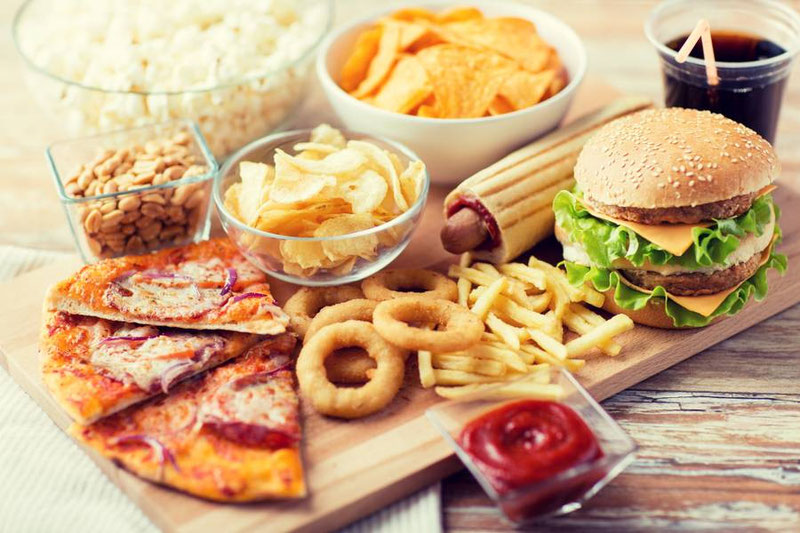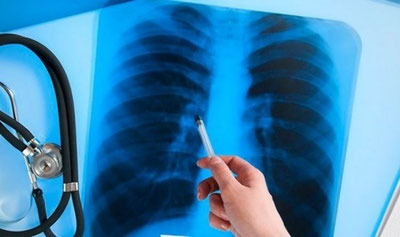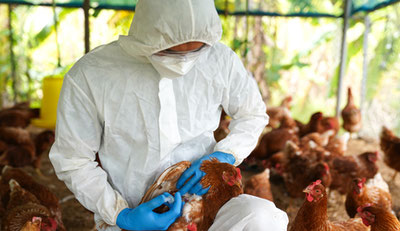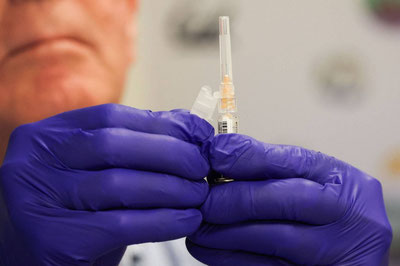What are trans fats dangerous about?
Today, fast food, semi-finished products, fried potatoes, chips, and confectionery products are popular among young people. According to the analysis, the amount of trans fats harmful to the body is very high in these products.
According to the World Health Organization (WHO), about 5 billion people around the world are not protected from the negative effects of these fats. This dramatically increases the risk of heart disease and death.
Every year, about 300 thousand people die on the planet due to diseases associated with the consumption of trans fats.
Cheap oil is a big threat
Doctor of Medical Sciences, Professor Nizom Ermatov says the following about this:
Trans fats are considered an inexpensive and convenient type of fat for processing. Due to its ability to solidify at room temperature, it is added to various food products.
These fats are mainly found in margarine, vegetable oils, fried foods, cookies, crackers, and pies. It is also naturally present in the meat and milk of ruminants. However, both types are dangerous to human health.
How do trans fats harm?
Fats serve as the main "building material" for cell membranes and other biological structures in the human body. However, artificially synthesized trans fats negatively affect the metabolic process.
Trans fats increase the level of harmful cholesterol, and low-density lipoproteins form clogs in the walls of blood vessels. This leads to circulatory disorders and interruptions in blood supply to vital organs. As a result, serious diseases such as heart attack, stroke, and pulmonary artery thromboembolism can develop.
At the same time, trans fats intensify inflammatory processes and increase the risk of developing diabetes and cancer.
What measures should be taken?
The WHO recommends reducing trans fats consumption by up to 1% of daily energy consumption. For example, if the daily ration is 2000 calories, the proportion of trans fats should not exceed 2.2 grams.
However, some products contain 200 times more trans fats than this norm. Therefore, experts recommend completely eliminating these fats from consumption or minimizing them.






